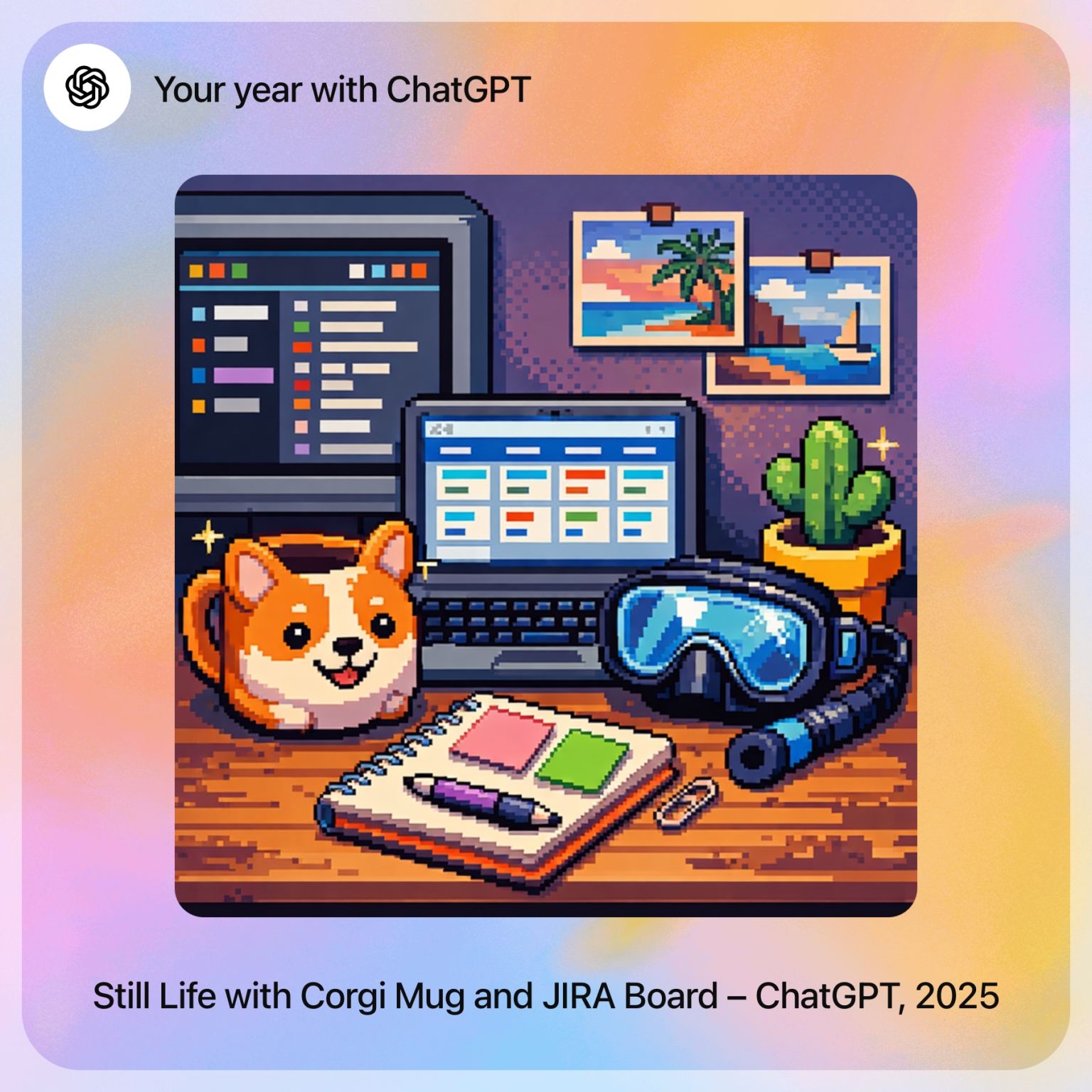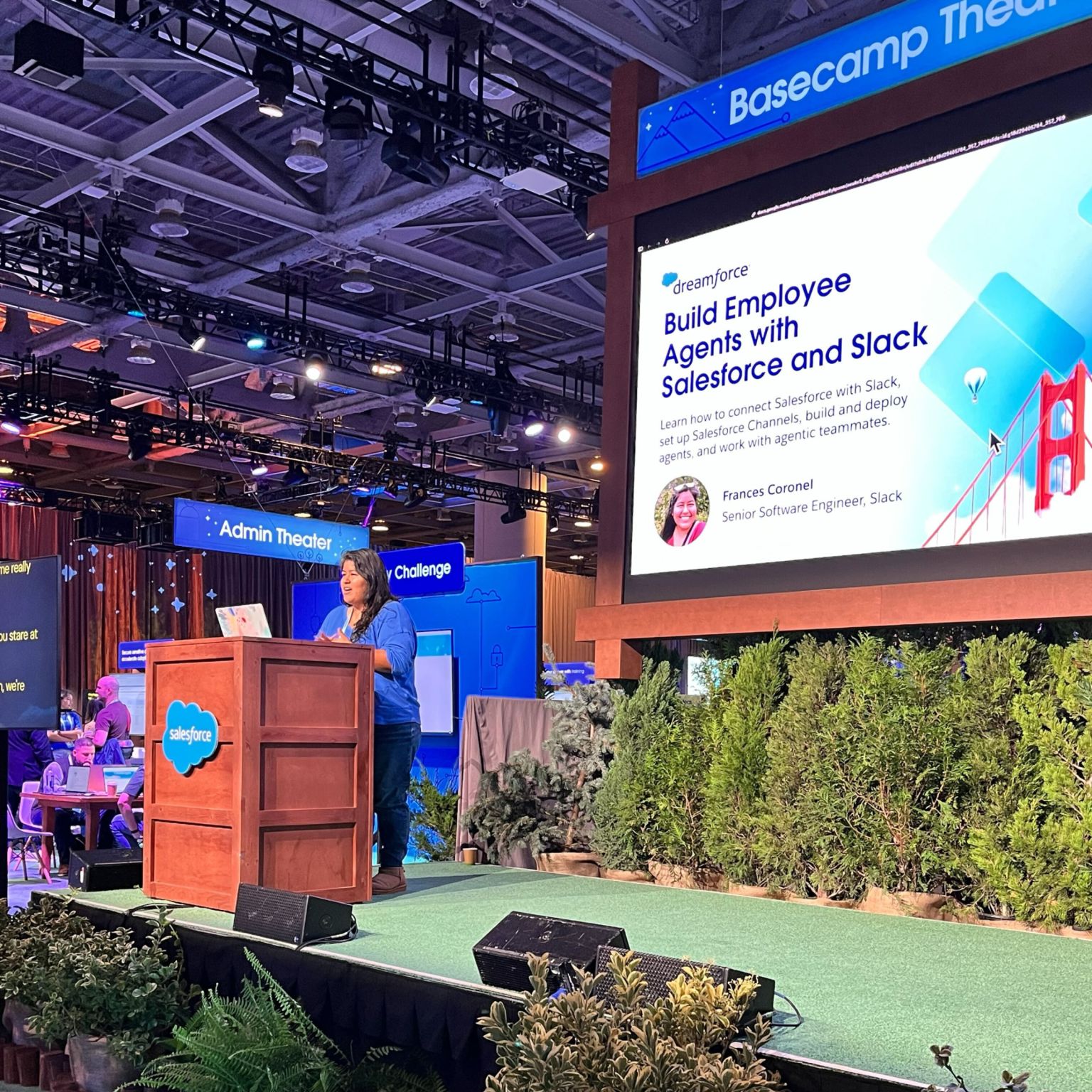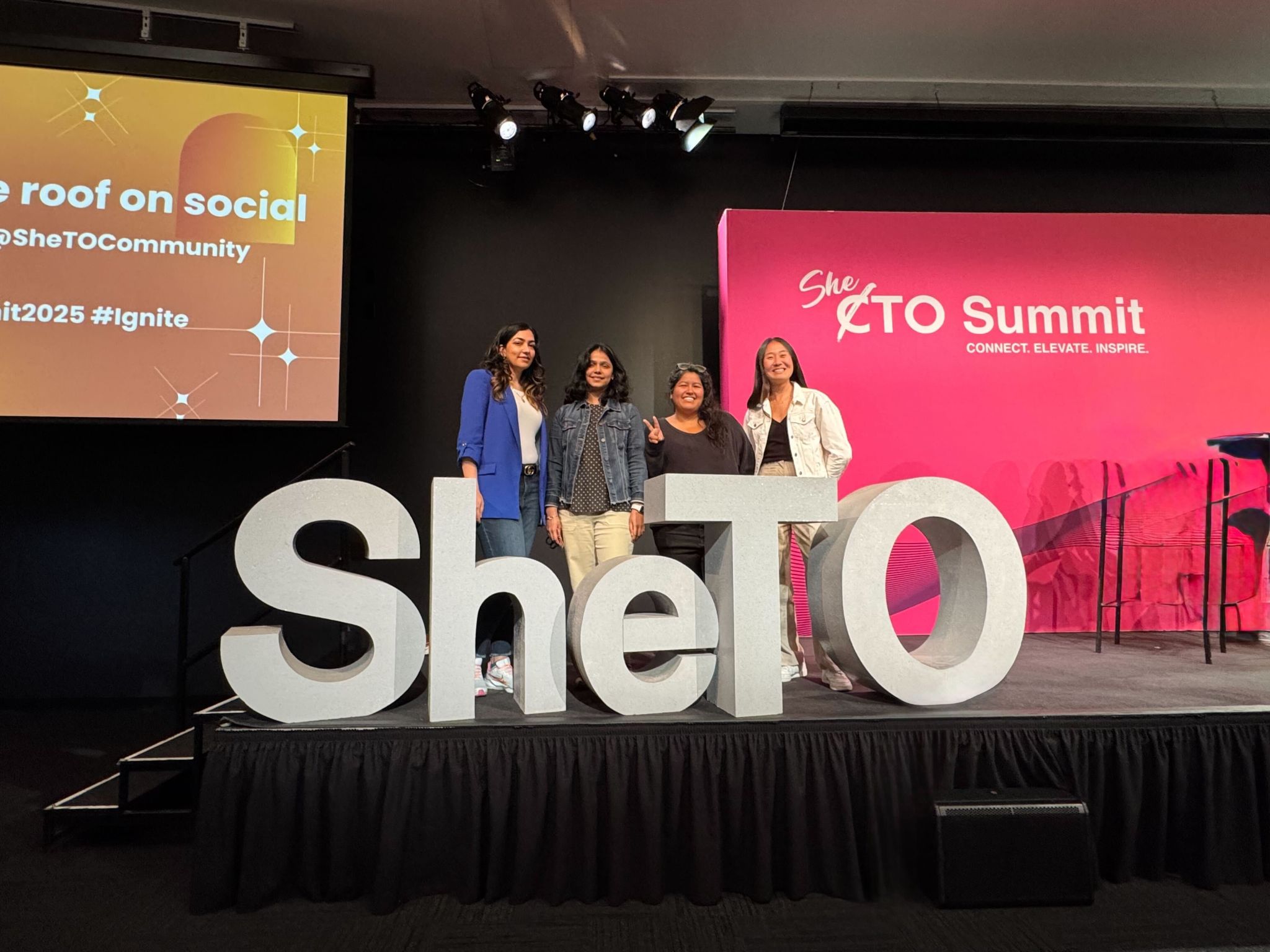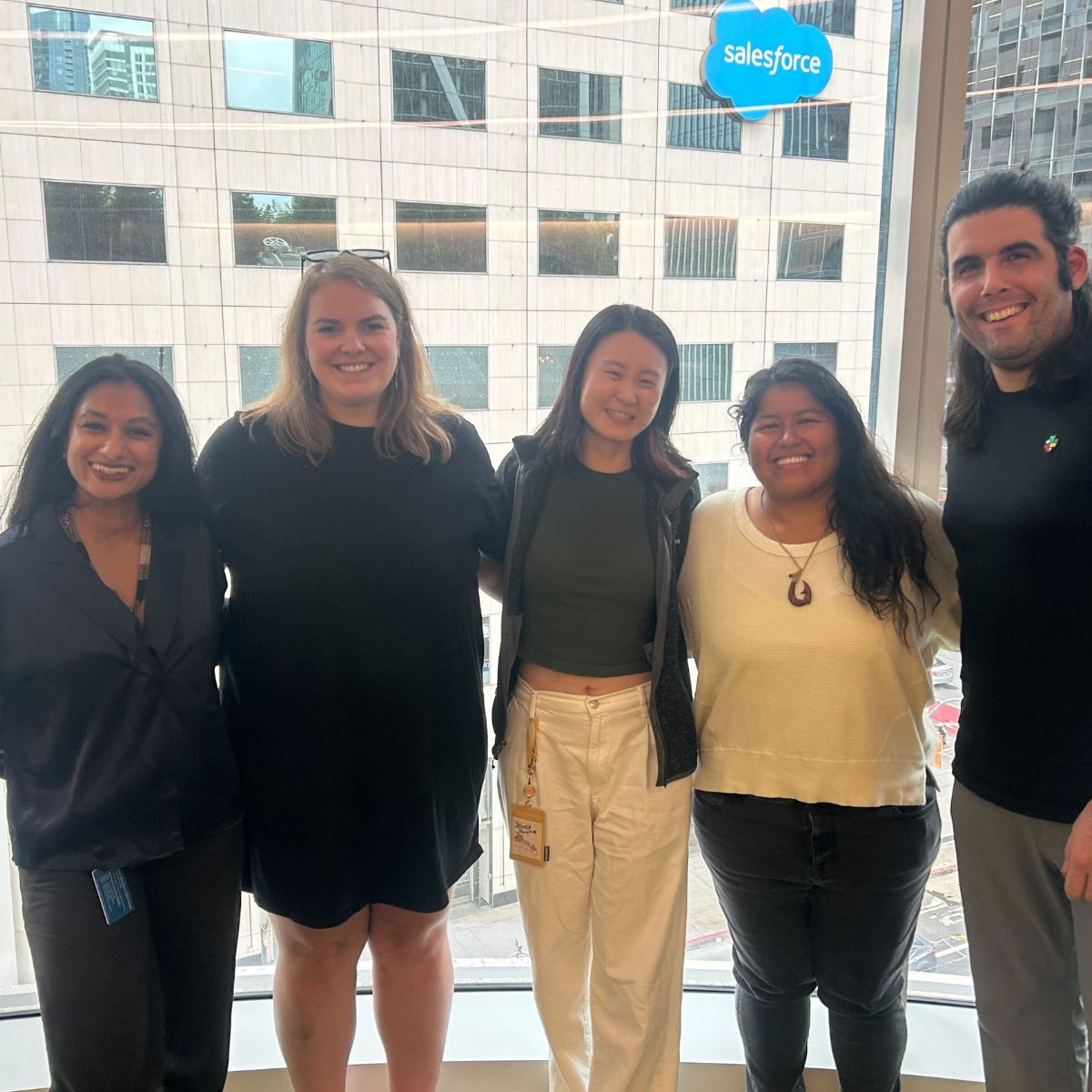Guest Speaker - Stanford
I was a guest speaker for a Stanford class on the "Future of Work".

I was invited by Melissa Valentine to be a guest speaker for her class on the Future of Work.
Course
MS&E (Management Science and Engineering) 184: Future of Work - Issues in Organizational Learning and DesignThe nature of work is changing, with consequences for how we structure jobs, careers, teams, organizations, and labor markets. This class teaches analytical tools from organizational behavior, social psychology, and socially distributed cognition to empower students to analyze and understand the changes and their consequences.The Department of Management Science & Engineering leads at the interface of engineering, business, and public policy.
Slides
https://www.slideshare.net/FVCproductions/my-state-of-work-mse-184-spring-2020
Outline
Hello
Hi everyone! Thanks for having me.As a quick intro, my name is Frances Coronel and I’m currently a software engineer on the Customer Acquisition team at Slack (shout out to the Stanford Slack Workspace!) and an executive director for Techqueria, a 501c3 nonprofit that serves the largest community of Latinx in Tech.
My State of Work
So I have dubbed this talk “My State of Work” and during this short talk, I’ll be reflecting on my present state of work and touch on how I think my future state of work may look like.First I’ll go with the obvious - being a knowledge worker during a pandemic and then shift to context switching both with technology and our work environments. Thirdly, I’ll briefly talk about how I’ve seen corporate responsibility play out and what that means for the relationship between employers and employees.And then finally, I’ll spend the bulk of my talk exploring how I see the future of work looking like as we enter into smarter collaborations with AI and ML algorithms with some time at the end for Q&A.If you have any questions, please jot them down and I can answer them after the talk.
COVID-19 Impact
So obviously the pandemic has really shifted our expectations for what work can and should look like.Remote, distributed teams at tech companies were already on the rise and there’s no doubt more companies will shift to using that model entirely or partially.At Slack, we’ve been working from home since early March and the earliest we may go back to the offices is September. With Slack being one of the most well known tools for remote collaboration, our usage and demand has grown exponentially and we’re working harder than ever to support the different teams around the world who want to take advantage of our platform during these times.At the same time, millions have lost their jobs and are unemployed. Most homes are not really set up for remote work. Parents are struggling with the lack of childcare and balancing work/life balance. Zoom fatigue is starting to set in. Graduates may or may not have a virtual graduation. Some of them are just continuing school through graduate programs because they see the job market as a huge risk right now.Even well established companies like Airbnb, TripAdvisor, Eventbrite, Uber, Lyft, Glassdoor, Lending Club etc. are laying off thousands of tech workers.There’s even a website dedicated to it.
Context Switching
And even if you’re lucky enough to have a job, you now have to deal with this issue of context switching.It’s established now that working from home is the new normal but even more importantly, how do we ensure those employees don’t burn out and can be sustainably productive during these times.For many people, including myself, it has been hard to balance the separation between work and life. When I left the office, that was the indication to me that work was over. Now, I’ve found myself working even longer hours and have been slower to adapt.It doesn’t help of course for employees, students, educators, and so on to get used to all these different applications that can help them with their day to day work. On average, I will use at least 10 different apps each day. Combine this constant context switching with the lack of being able to switch off, you’re basically feeling like you’re constantly online 24/7 which means you’ll burn out fast.It helps of course that I have Slack which integrates a lot of these apps but the mental toll of working during a pandemic is still present.
Corporate Responsibility
In a more positive light, I will also note that I’ve seen an interesting shift in employees taking ownership or calling out companies for potential wrongdoings.Humans rights are getting more and more to the forefront and we’re starting to vote not just with our dollars but with our labor and how we choose to invest our time and energy. Companies that have negative reputations (Facebook, Palantir, Amazon, etc.) have been experiencing a lot of pushback since the internet has made a lot of that injustice more visible.If there’s any advice I would give here, it’s that don’t be so fearful about your prospects after graduation. Work shouldn’t suck. You have choices and it’s best to choose a company that aligns with your personal values and not just the biggest payday.
Smarter Collaborations
Shifting gears entirely, I’m most excited about talking about how the future of work can look like. When we think of AI & ML, both being huge buzz words, we can think about having to follow the rules of our robot overlords.If the idea of machine-based managers seems far fetched, consider that millions of shared drive and delivery food drivers are already managed by algorithms.And yes, inevitably a lot of jobs will be lost to automation but for the jobs that remain, we will be able to offload a lot of the more operational, logistical and repetitive work to these algorithms.Essentially, humans are going to partner with machines and algorithms and systems, cognitive systems and share human cognition and train systems to be able to offload a lot of the work.Some examples of ways we see ML algorithms already in the workplace include
- bot workflows
- smart search
- presentation design
- productive meetings
- calendar assistant
- project management
- analyzing messages
- scheduling meetings
- voice transcription
- meeting notes
- worker knowledge graph
TLDR;
The importance of a strong corporate social conscience becomes more important as a result of public opinion.Extensive use of automation and technology helps organizations meet these goals but come at a cost to jobs.A green agenda, the result of increasingly scarce natural resources, and demanding international regulations recognize that business has an impact that goes well beyond financial considerations.
Wrap Up
And that’s it! Feel free to connect with me and happy to answer any questions you have.
Q&A
- Zoom vs in-person interactions
- using Slack at Slack
- how Slack is trying to keep culture during WFH period
References
- Future of Work Graphic
- What IT work will look like in 2030
- How will the coronavirus change our lives?
- How to Work the System at Work
- VICE - VICE Special Report: The Future of Work
- Clockwise
- The State of Work
- What does the Future of Work Look Like?
- Layoffs.fyi - Tracking Tech Startup Layoffs and Layoff Lists






